Funding through Lab4Living’s Research England E3 award has supported a diverse body of research under the broad theme of the ‘Future Home’.
Our research has challenged perceptions and our meaning of home, through the exploration of domestic dwellings, the communities we emerge from and live within, and the planet we share with other living beings. Our Design and creative practice led research is interdisciplinary and collaborative, this carefully considered and set against cultural, economic and political contexts. We adopt a ‘One Health’ approach where we explore alternative visions of good quality of life and this demands rigour in understanding, and agility in responding to, the complex and rapidly changing interdependencies. This broad definition of health considers the wider determinants of health that include a diverse range of social, economic and environmental factors.
Central to Chamberlain’s research is a collaboration with, and residency at, the Neutra institute in the USA, and explores what we might learn from past modernist ideals to inform the design of our future built environment.
The research advocates ‘liveability’ as a key factor in consideration of sustainable homes. Our research to support ageing in place extends to the everyday activity of washing and toileting and exemplified in the work by Reed, Stanton and Chamberlain that relates to the future bathroom.
Home at the later stages of life is explored through the Future Care home work by Craig. These research enquiries align directly with the Chief Medical Officer’s Annual Report 2023 (Whitty 2023) that highlights the importance of adapting our built environment to allow an individual with age related disability to live as independent and enjoyable a life as possible.
Our diverse methodological approach and broad definition of health is exemplified further through Reed’s work in India that adopts jugaad principles in the design, development and intervention of a BioGas system that addresses energy and climate issues. The creative interventions indicate health benefits through improved air quality.
The interdependencies of health defined in a One health approach can be further evidenced by Reed’s Playponics project that seeks to educate and inform understanding of exercise, food production and healthy eating. Developed for an Indian context in collaboration with local communities the learning from the project is now being applied in a UK context in collaboration with local communities and business. Global socio environmental challenges are ever more complex and interconnected. Koski’s research demonstrates how health extends beyond humans and is intrinsically linked with all living things and the planet. ‘Permafrost refreeze : the reindeer factor’ demonstrates her interspecies work and its relation to climate, human and planet health.
Learning from the past
‘Human habitat in the deepest sense is much more than mere shelter. It is the fulfilment of the search—in space—for happiness and emotional equilibrium‘ – Richard Neutra.
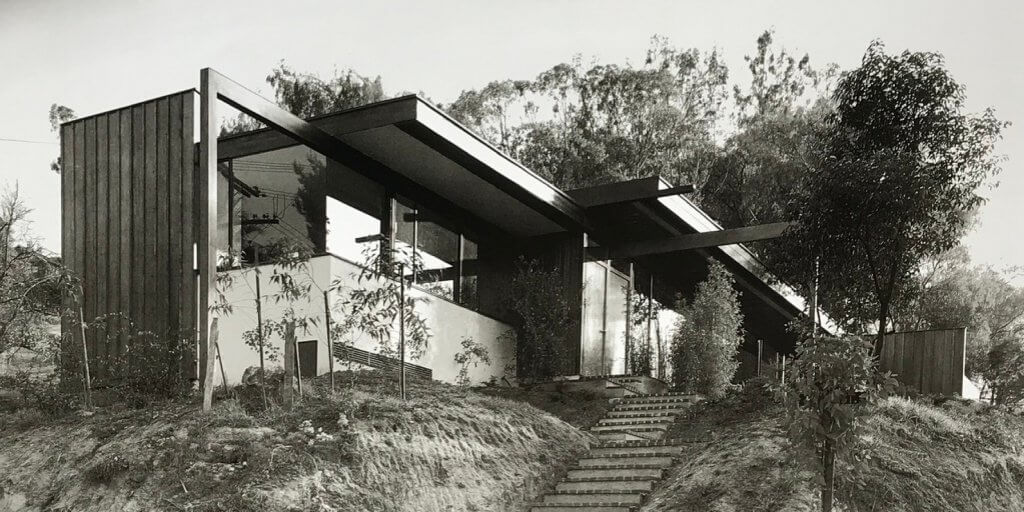
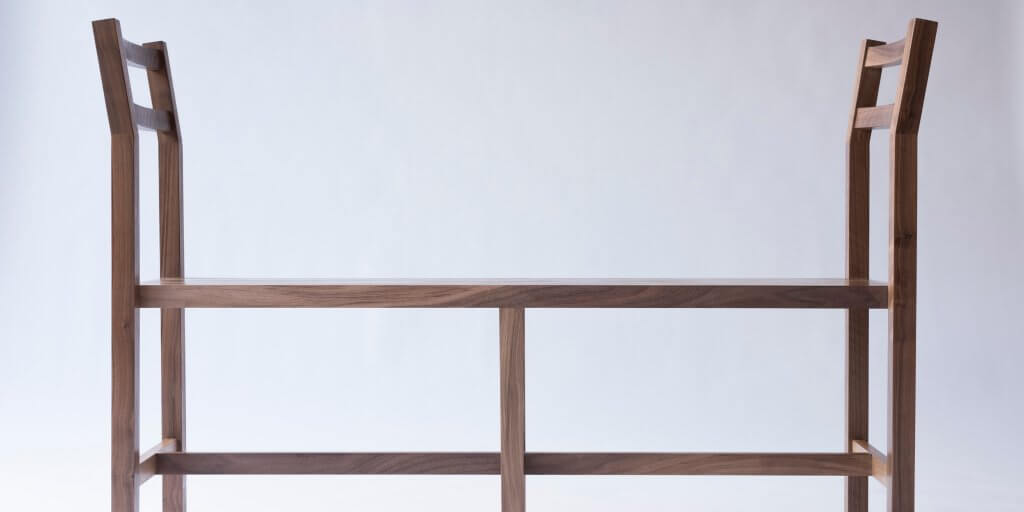
New domestic Quotidian
Through this collection of work Paul challenges traditional furniture typologies and morphs archetypal forms to create hybrid ambiguous artefacts that reflect the new domestic quotidian.
Future Bathroom
This long-term ongoing study explores the cultural, age and gender issues related to rituals of washing and grooming. The underpinning research informs pragmatic design outcomes that support ageing in place through adaptable solutions that respond to changing needs throughout life course.
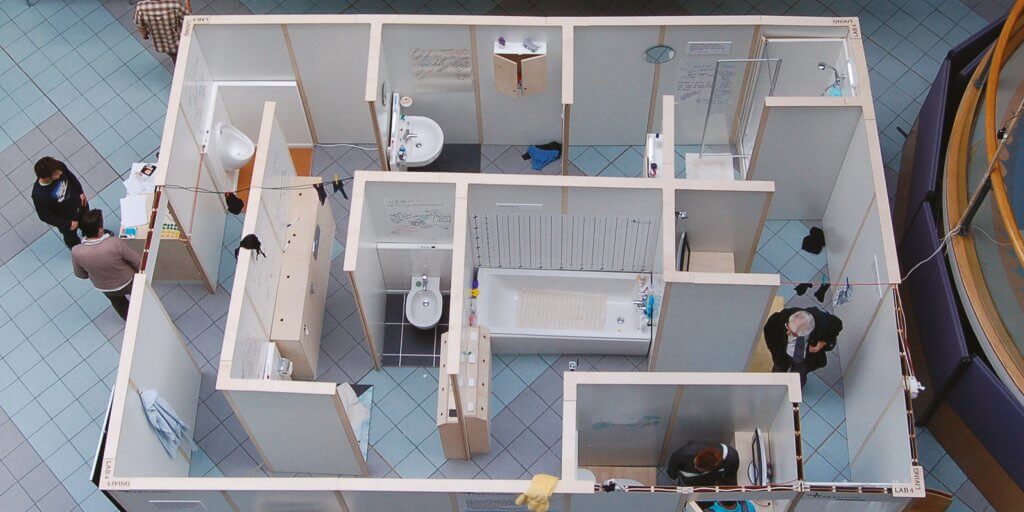
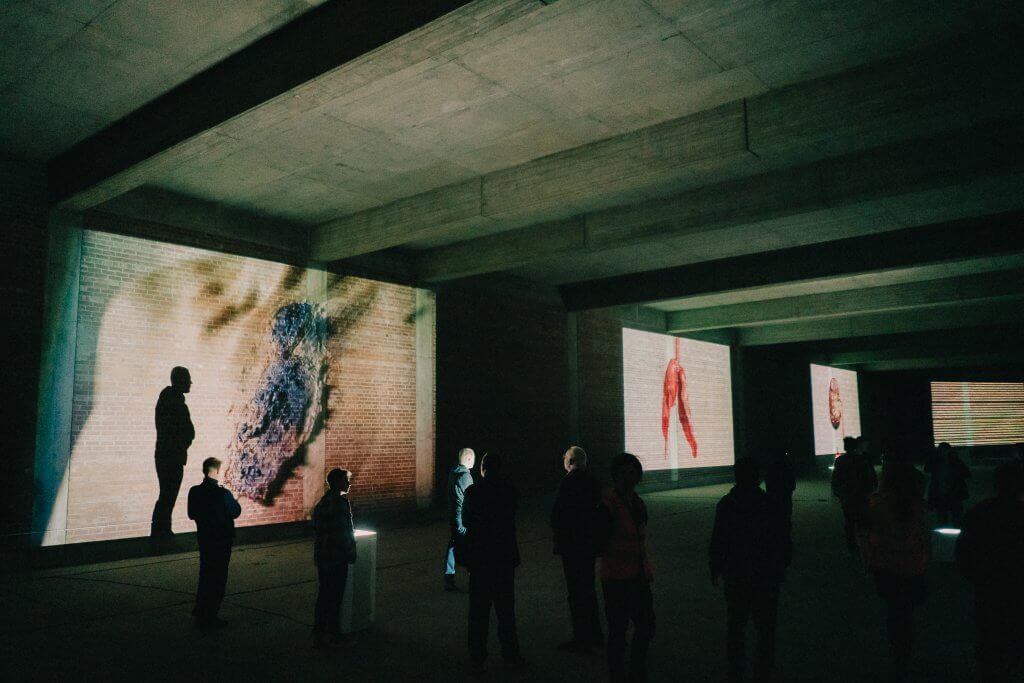
Mythical Living Data
This project questions and speculates on the impacts of the environment’s pollutants on our body. It uses storytelling and visuals to engage the audience into current environmental problematics and future bioethical debates.
Nano BioGas
The Nano Biogas project considers the viability of small-scale biogas fuel production in rural India. Using Jugaad principles, the team has explored manure as a viable and sustainable fuel source, and is working to build understanding and acceptance of this new fuel alternative in the local community.
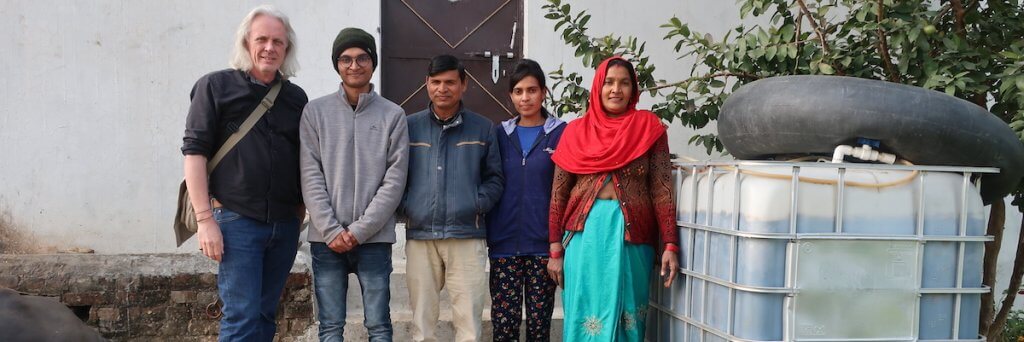
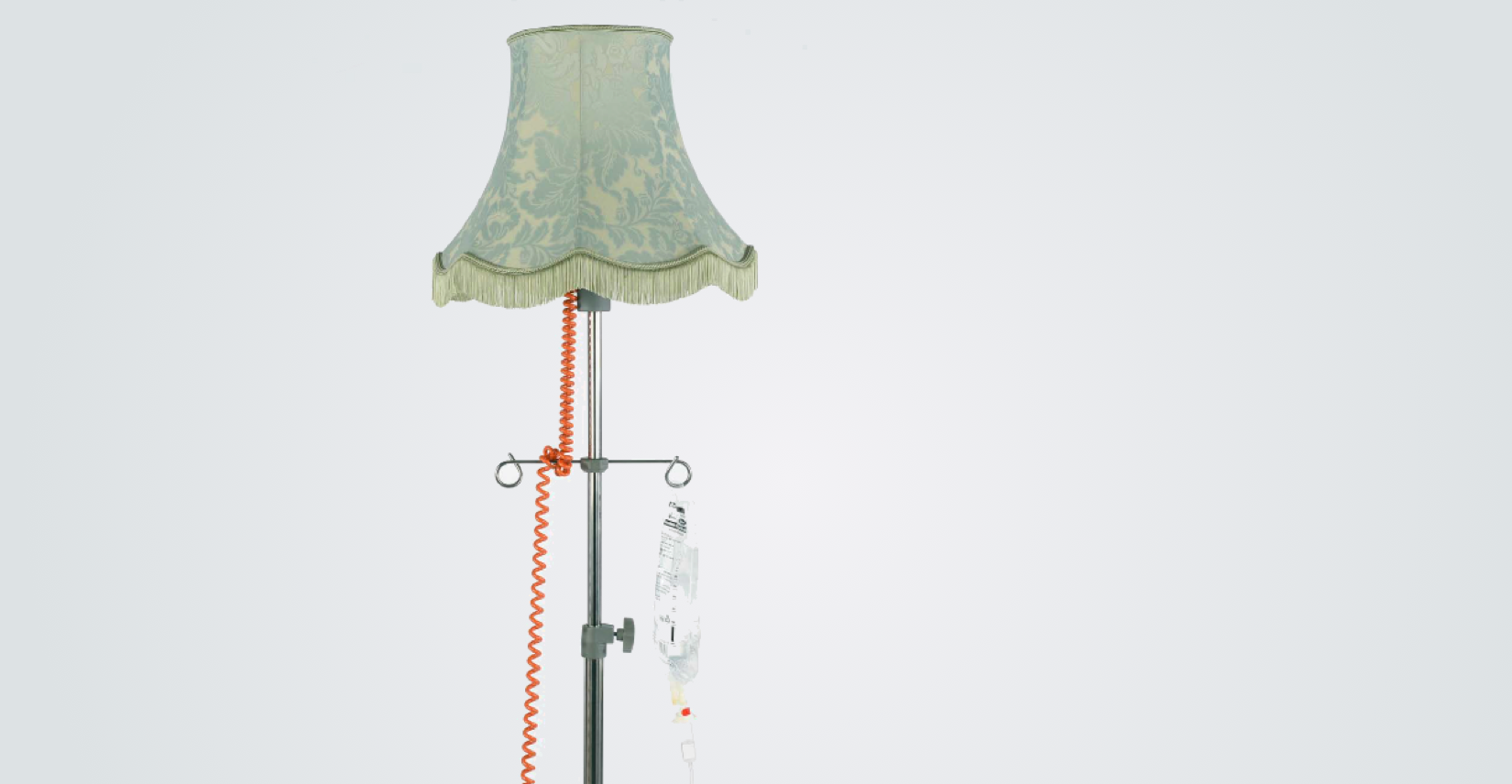
HOSPITAbLe
This collection of objects explores implications of this shift in both the culture and practice of health interventions.
Future Home Air Quality
The Future Home Air Quality project explores the relationship between domestic activities/behaviours that affect our indoor air quality (IAQ), and how design can provide interventional systems to assist with improving our IAQ.

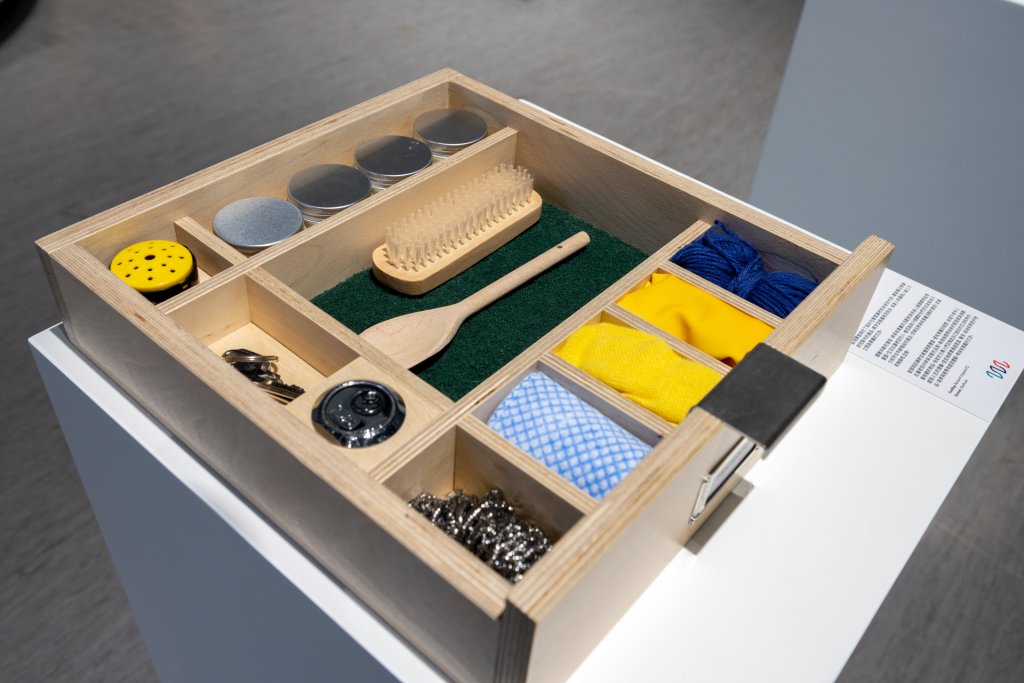
Future Care Home
This enquiry explores the role of design in reimagining the future care home. It focuses particularly on the role of design in the creation of research informed products to promote meaningful engagement between residents in the home, their families and care staff.
Designing by Numbers
This research enquiry challenges systematic approaches to design, driven by compromised user proportions, calling for a more nuanced and rigorous understanding of user needs.
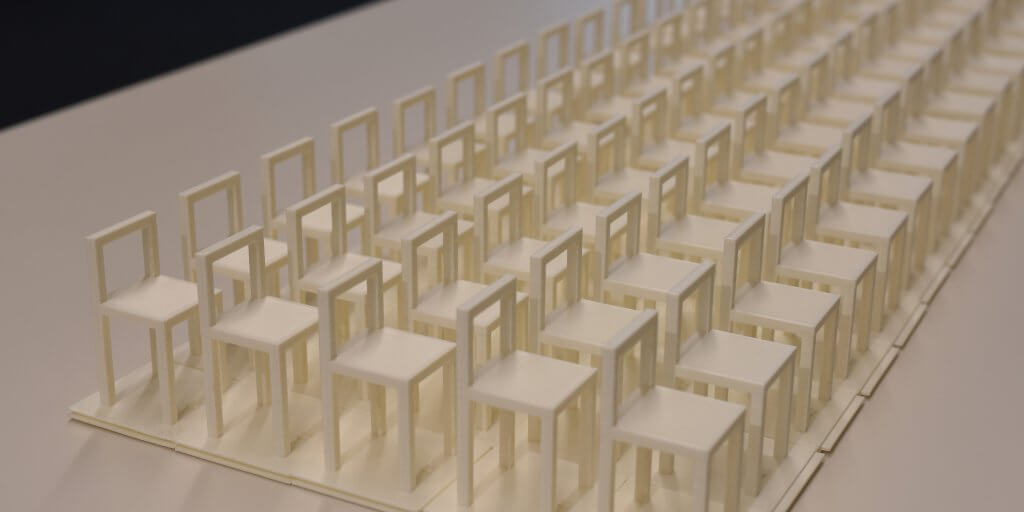
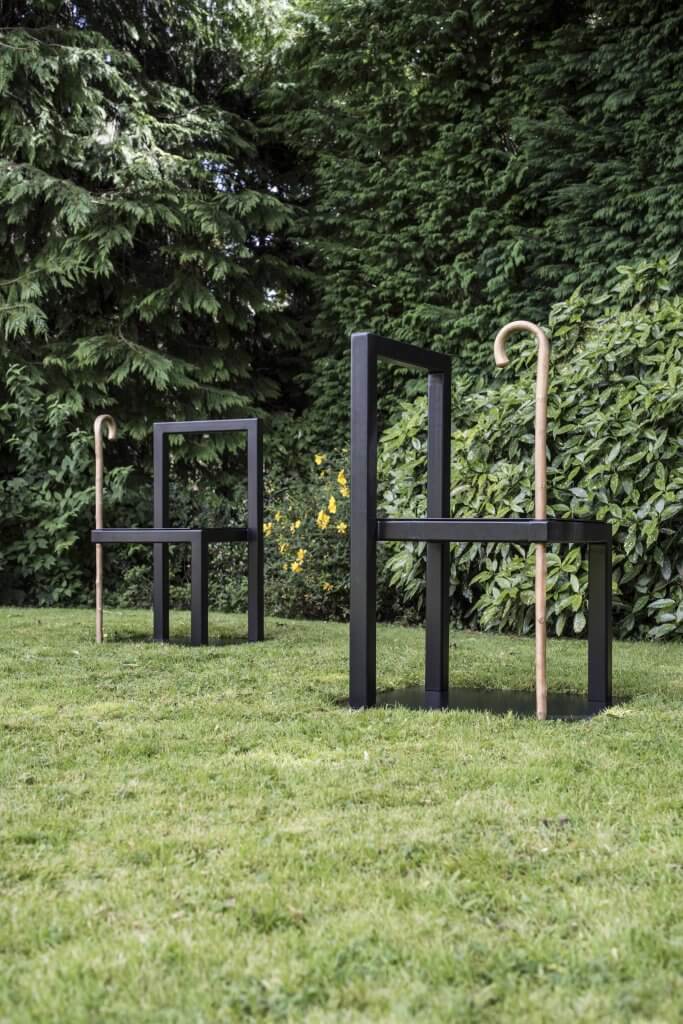
Rest of your life
‘Rest of Your Life’ reinterprets the humble bench, a symbol of shared space in response to the unprecedented times of the pandemic. The installation offers an egalitarian public resource, a sense of placemaking, opportunity to connect with communities, and combat to isolation and loneliness.
Place and Space
Working with residents and staff to develop a series of 3-dimensional interactive maps. Through an iterative ‘research through design’ process, a range of tools for orientation and meaning-making were created.
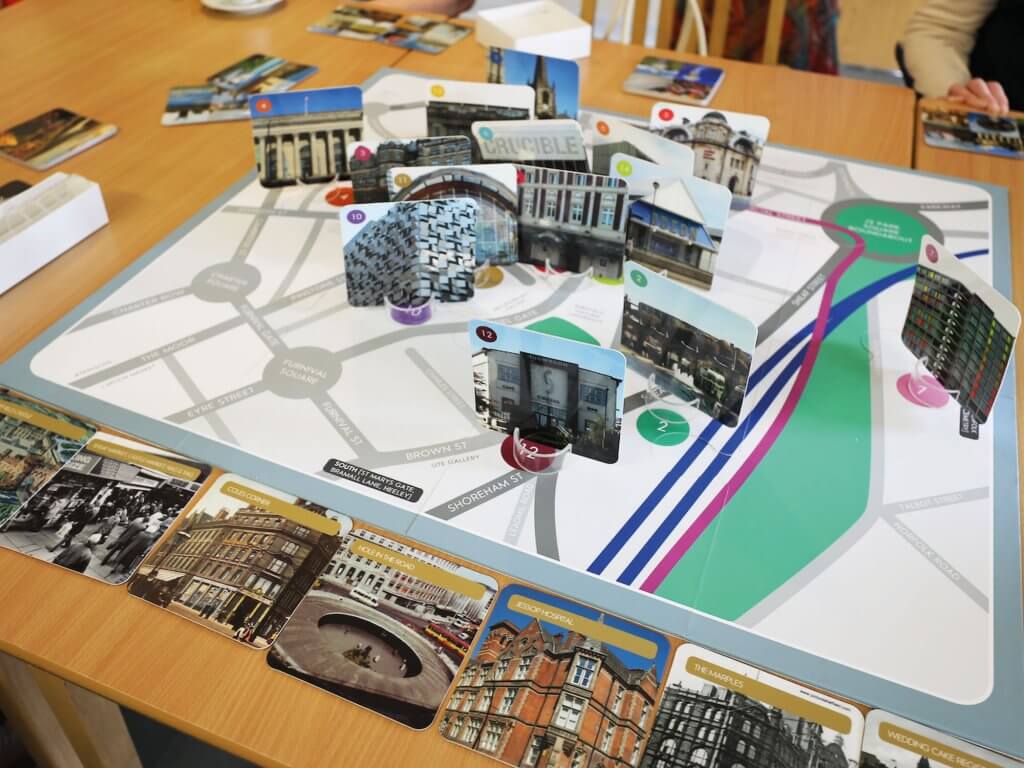
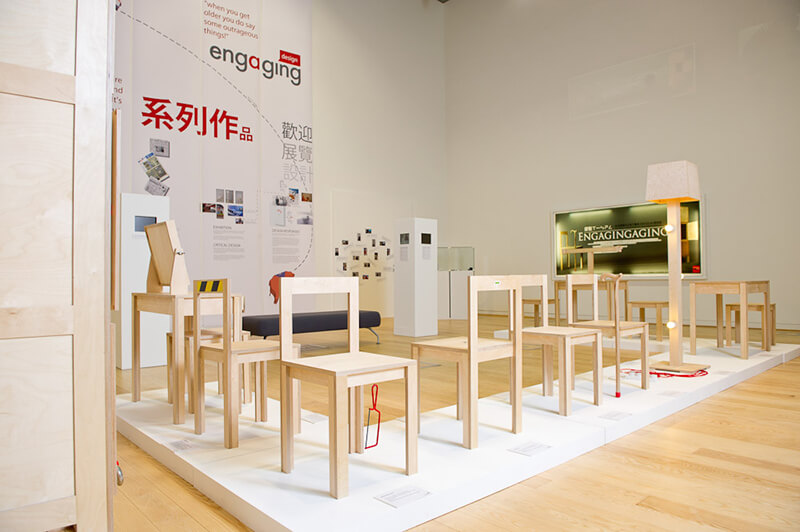
Stigmas
Stigmas is a collection of furniture that embody issues relating to the physical, cognitive and attitudinal challenges older people face in everyday life. these critical artefacts do not present solutions but a series of considered questions that illuminate a landscape of old age.
Circle of Care for Home
This project aims to provide a new service within the stroke care pathway at Sheffield Teaching Hospitals that improves the quality, safety and efficiency of care.

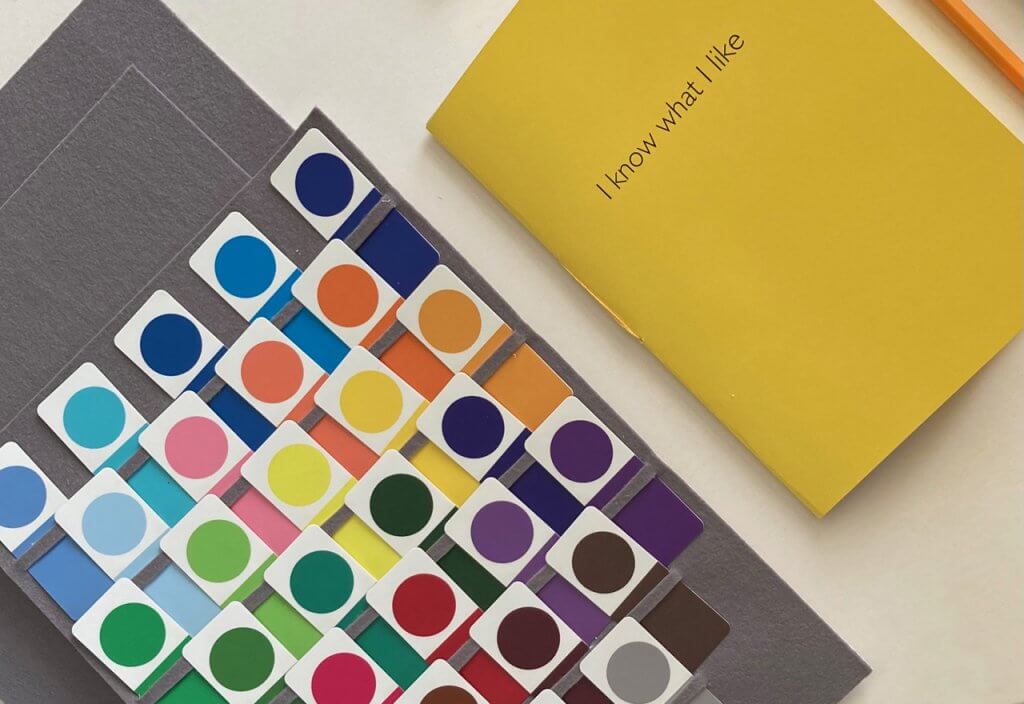
PhD Student: Marney Walker
Exploring how design can support expression of everyday aesthetic preferences in dementia
This study explores whether design can provide visual ways to provoke and express personal preferences, to enable choice and control in the curation of personal space as dementia progresses.
PhD Student: Jackie Leaver
From the inside out: Considering the future home through feminist spatial practice
Exploring overlooked everyday domestic practices and materiality, this research builds on the concept of feminist spatial practice to consider the complex issues and possibilities of the future home.
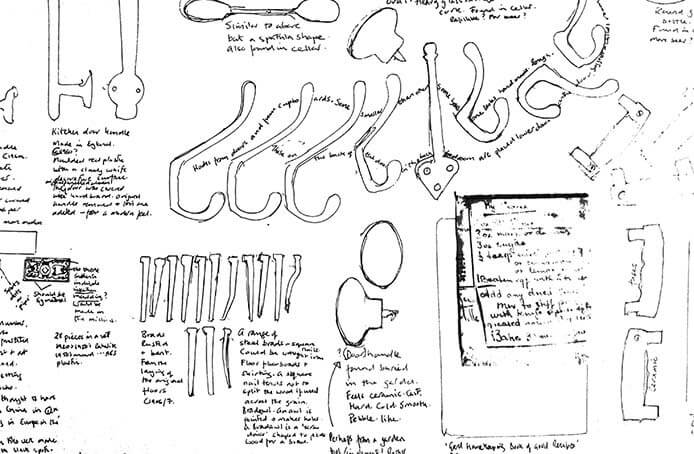
 to top
to top
